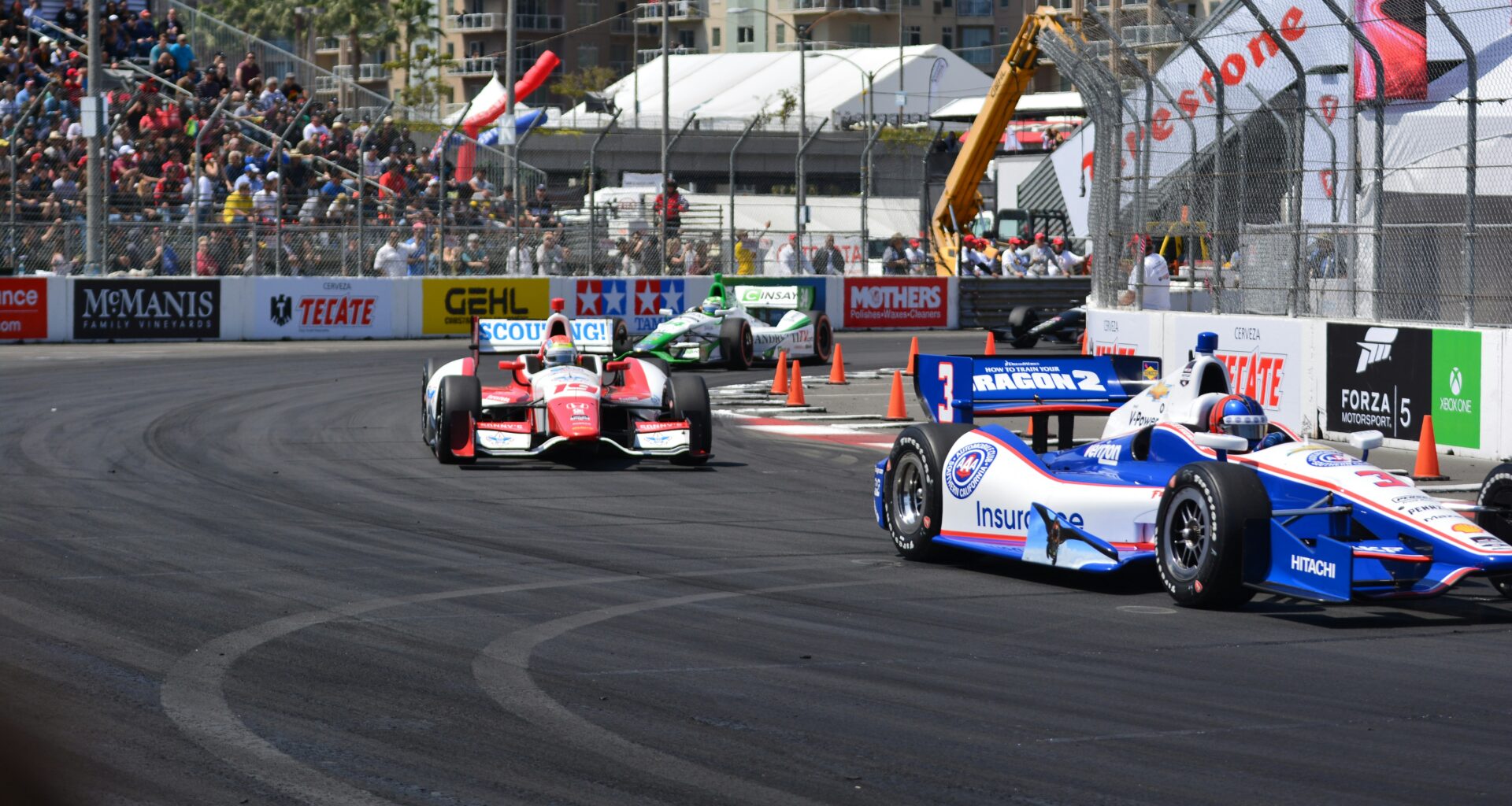Formula 1 is often described as the pinnacle of motorsport - a glamorous world where drivers are celebrated as superheroes and earn millions. Fans worship their lightning reflexes, car control, and ability to handle speeds that most of us can’t even dream of reaching.
But here’s the uncomfortable truth: Formula 1 drivers are overpaid.
And if you think that statement is outrageous, stay with me. Because once you step back from the hype, the hero-worship, and the champagne-soaked podiums, you start to see cracks in this picture.
Anyone With the Right Team Can Shine
The reality is that Formula 1 drivers are only as good as the team, budget, and technology behind them.
Put a rookie behind the wheel of a Red Bull or Mercedes and suddenly they’re not so ordinary anymore. In fact, F1 history is littered with stories of average drivers suddenly looking “world-class” once they had access to the best machinery.
Talent matters - of course - but let’s be honest. In F1, money and engineering matter far more. A driver’s job is heavily cushioned by advanced aerodynamics, cutting-edge simulation training, and world-class support crews monitoring every micro-detail of performance. It’s less about raw driving ability and more about being the polished frontman for a billion-dollar operation.
Meanwhile, the Rest of Us Drive in Chaos
Now, let’s compare that to everyday driving. Taxi drivers in Johannesburg, rickshaw pullers in Delhi, or minibus drivers in Lagos navigate obstacles that no F1 driver has ever seen. Think about it:
Potholes deep enough to destroy tires.
Traffic lights that don’t work.
Pedestrians crossing unpredictably.
Other drivers cutting you off in ways no simulator can prepare you for.
These drivers don’t have perfectly manicured tracks, safety cars, or entire teams whispering in their ear about tire degradation. They have instinct, grit, and survival skills honed by real-world chaos. And yet, they earn next to nothing.
So, who is the real skilled driver here?
F1 Is More Showbiz Than Sport
Let’s not kid ourselves - Formula 1 is less about racing and more about entertainment. It’s designed for television, sponsorships, and luxury brands. The drama, rivalries, and “speed spectacle” are carefully packaged for global consumption.
That’s why F1 drivers earn tens of millions while your Uber driver barely makes ends meet. It’s not because the F1 driver is necessarily a better driver - it’s because F1 has been marketed as a golden spectacle that justifies absurd paychecks.
What If We Flipped the Script?
Here’s a thought experiment: Put an F1 driver into an old taxi in Durban, on a rainy Friday night, with potholes, no streetlights, and impatient passengers in the back. Now put a taxi driver into a state-of-the-art Formula 1 car with full training and backing.
Would the difference really be as dramatic as we’ve been told?
I’m willing to bet most professional drivers - given the training and resources - could reach competitive levels in motorsport.
Why This Matters
The world glorifies F1 drivers as if they embody superhuman ability. But the truth is, the skill gap isn’t as vast as the paycheck gap. Formula 1 is a product of hype, privilege, and money - while the real unsung heroes of driving skill are out there every day, unnoticed, keeping cities moving under impossible conditions.
So next time you see a driver like Lewis Hamilton or Max Verstappen collecting millions for a season, ask yourself: Are they really that much better than the guy weaving through pothole-ridden streets to get you home? Or have we all just bought into the greatest marketing trick in modern sport?
—
Get your FREE ebook “Live The Life You Know You Deserve” from my Ko-Fi shop. All support on Ko-Fi is appreciated 🙂
Thanks for reading!
